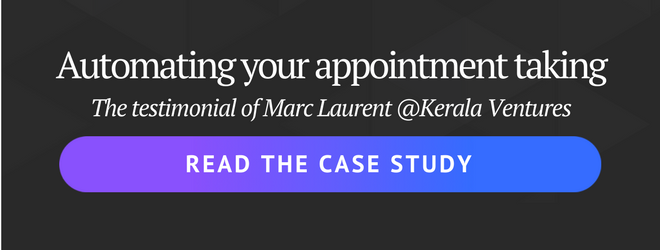Essentialism is a concept that is increasingly talked about. Popularized by Greg McKeown and his book “Essentialism: The Disciplined Pursuit of Less,” this trend is to “do less but do better”. In other words, to accomplish fewer tasks in order to effectively focus on those that really matter.
Essentialism: doing less but doing better
In a performance-based society, we are often tempted to accomplish more. We juggle between tasks at work and at home, sometimes feeling like we’re missing the point. Is doing more really beneficial? No! According to David Meyer, professor of psychology at the University of Michigan, multitasking could cost us up to 40% of productivity! But what to do when tasks accumulate and overlap? Slow down and focus on what really matters! At least that’s what Greg McKeown is advocating with his 2014 book “Essentialism: The Disciplined Pursuit of Less.” In his book, the Brit explains that, while we generally know what is best for us, too many tasks distract us from our deepest desires and needs. Essentialism therefore encourages us not to accomplish several tasks at the same time but rather identify and be interested in the thing that deserves our full attention in the moment. In other words, to identify our true priorities.
Essentialism: identify your true priorities
The difference between the essentialist and the non-essentialist
Unlike the non-essentialist who seeks to accomplish more while constantly having the impression of having no control over his life, the essentialist goes in one direction at a time. He regularly offers himself breaks, works to sharpen his capacity of discernment, dares to say no to what seems superfluous and makes compromises as well as choices in all conscience. While the non-essentialist seems a little overwhelmed every day, the essentialist cultivates the art of doing “less but better”.
Is essentialsalism at work utopian?
A 2014 DeskTime study revealed that the most productive people in the office are those who alternate work and leisure. The ideal pace? Working fully for 52 minutes before taking a 17-minute break. These results are in line with the principles advocated by essentialism. Indeed, going to the essentials in one’s professional life means being able to take regular breaks in order to take a step back and be able to make intelligent choices. It also means learning not to lose sight of your initial objectives in order not to be overwhelmed by unnecessary tasks. How? By organizing your agenda more efficiently, by surrounding yourself with tools like the Bullet Journal, M3 Journal or applications such as Freedom.

That said, it is important to note that essentialism at work involves inevitable compromises. There is no magic formula and it is up to each person to learn to juggle constraints, the unforeseen and their objectives.
A solution to manage personal and professional lives
Finally, the greatest strength of essentialism lies in its ability to enable us to effectively manage our personal and professional lives. Indeed, many employees suffer when their work interferes with their private lives. According to a 2014 joint survey by the Anact-Aract network and the TNS Sofres institute , 49% of employees have difficulty spending enough time with their spouse, 57% have difficulty completing administrative formalities and 55% feel that they cannot take care of their children as they would like. Focusing on the essential means learning to identify but also eliminate the small obstacles of everyday life (when possible) that prevent us from achieving what really matters to us. The philosophy is therefore an effective solution to intelligently reconcile one’s personal and professional life.
As a final thought, consider this: essentialism is more a state of mind than a method ready to be applied to the letter. And it only makes sense if the person who follows its principles starts a real process of personal transformation.
Do you have special tips to focus on the essential? Tell us!

